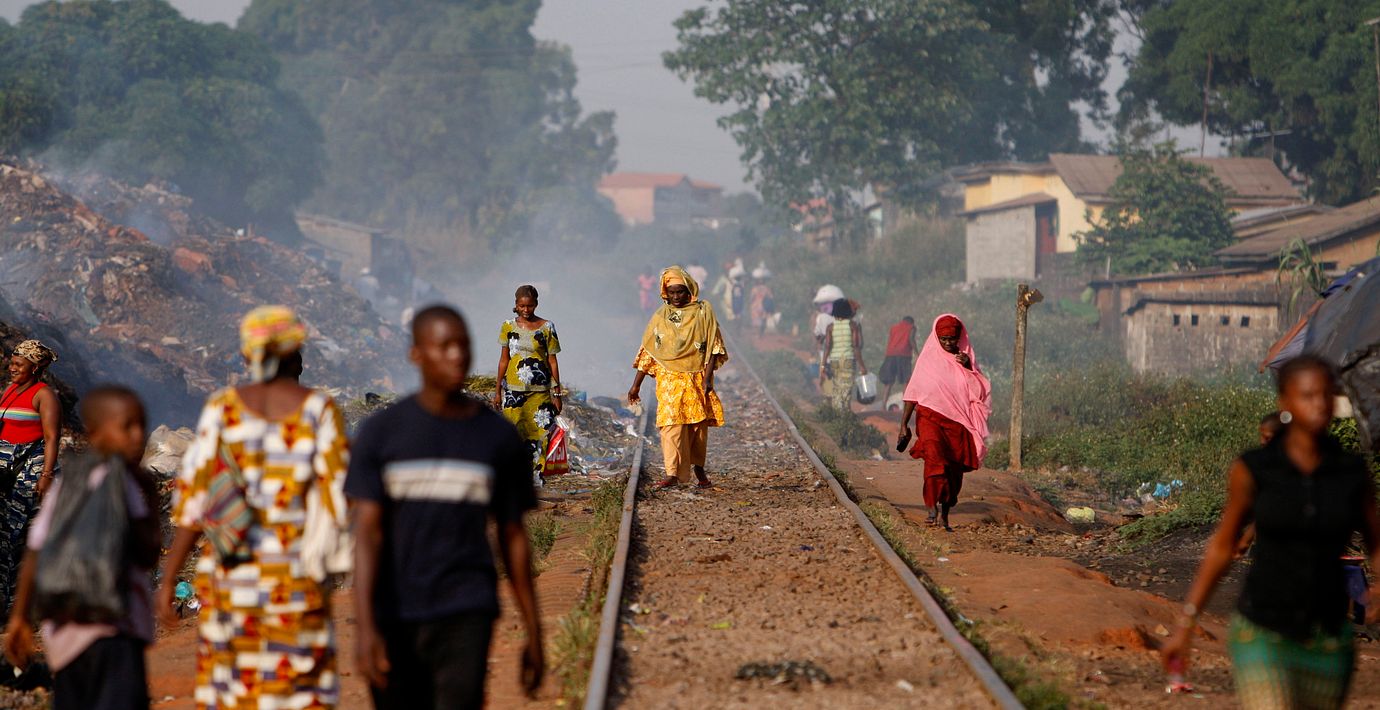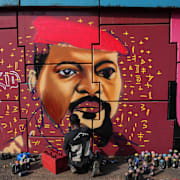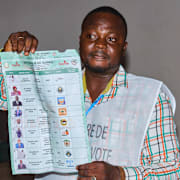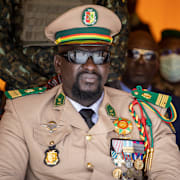
Vittnen rädda efter domen: ”Alla vet var jag bor”
Flera som vittnat mot Guineas expresident är rädda för hämnd efter att han dömts för brott mot mänskligheten på onsdagen, skriver Washington Post. Enligt dem är många som deltog i massakern och våldtäkterna år 2009 som expresidenten dömdes som ansvarig för fortfarande fria.
– Alla vet var jag bor, hur jag rör mig ute, hur jag klär mig, säger Saran Cissé, som vill ha hjälp att fly.
I sitt vittnesmål berättade hon att hon bönföll säkerhetsstyrkorna som stängt in en folkmassa på en idrottsstadion att döda henne i stället för att våldta henne.
En del av offren och deras familjer hyllade domen på 20 års fängelse för expresident Moussa Dadis Camara, medan andra tyckte den var för mild, skriver AP.
– Domen skickar en tydlig signal om att rättvisa är möjlig till ansvariga för allvarliga brott i Guinea och på andra håll, säger Human Rights Watch internationella rättschef Tamara Aburamadan.


